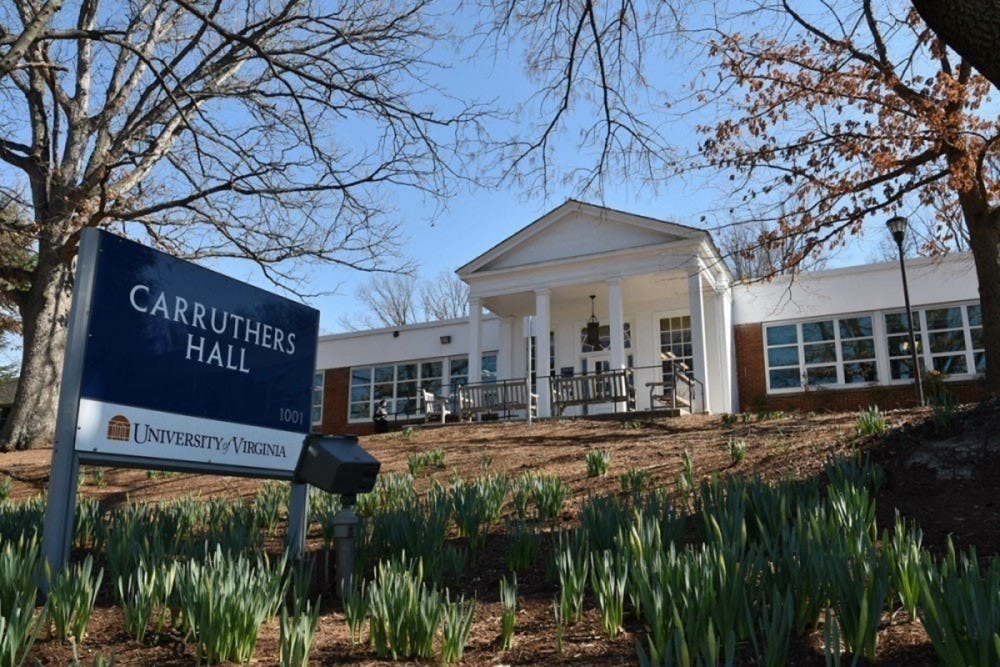As a current undergraduate student seeking to obtain a law degree in the near future, I jumped with excitement when the news alert appeared in my inbox saying President Joe Biden created a new student loan forgiveness plan. The total cost for the institution I currently attend combined with the cost for even the cheapest law schools in my state total several hundred thousand dollars. As I continued to read the news article, however, I became rather disheartened. Not only do the limitations in Biden’s plan reveal that we need education reform, but they also open the door to discussion on education accessibility in general — now and in the future, we should not punish citizens for seeking out an education.
Biden’s plan to relieve student loan debt applies only to federal student loan borrowers — here is a guide on how to qualify, and here is a link for how to apply for loan forgiveness. Those whose annual salaries are less than $125,000 or married couples and heads of households whose annual salaries total less than $250,000 will have up to $10,000 of their federal student debt forgiven. Meanwhile, Pell grant recipients are eligible for up to $20,000 of federal loan forgiveness.
Biden’s plan is a good start. He directs aid to those who need it most, whether because of financial stress accumulated during the pandemic or already existing financial hardship. In regards to the latter, Biden explains that the plan will help those who have college debt yet failed to achieve their degree — for instance, blue-collar workers with student loans who never graduated college. I do not deny that aid should be most immediately focused on the multi-racial working class — which the plan will likely do. Yet, as Biden himself seems to know, his plan remains far from a complete solution.
Simply put, college needs to be more affordable. As Biden acutely recognizes, the burden of a degree is so extensive that “even if you graduate you may not have access to the middle-class life that the college degree once provided.” With tuition rates skyrocketing and graduates worrying about which jobs will enable them to pay back loans, many are starting to question whether college is even worth it anymore.
Negative feedback to Biden’s plan only reemphasizes that we need education reform. The primary argument I would like to address is one championed by Senate Minority Leader Mitch McConnell, who, among others, believes that Biden’s loan relief is a “slap in the face” to those who suffered to pay for college. The White House has already exposed the hypocrisy of this statement with a tweet thread targeting Republican lawmakers who took out Paycheck Protection Program loans from earlier in the pandemic and had millions forgiven. But, just because past generations endured extraordinary sacrifices to attend college does not mean that is how the system should continue to work. No one should have to work every minute of the day to make ends meet. No one should have to sacrifice their life or take on nearly inevitable mental health disorders with the hope that they can afford college. Not only should there be loan relief to existing debtors — an endeavor limited to retroactively fixing an existing problem — but colleges should also just be more accessible.
There are a number of reasons why a country should want its citizenry to become college educated. Among those reasons is the problem of misinformation. A surprise to no one is that half of all Americans encountered misinformation about COVID-19 online. While many with lower levels of education may be unprepared to discern what is reliable information or not, those with higher education are likely taught these skills in college. I give this example to emphasize that the benefits of a widely educated citizenry are much more widespread than one might believe — a college-educated citizenry advantages the country as a whole.
I recognize that there is not much students at the University can do to combat expensive tuition rates or implement tuition relief programs. But one thing we all can do is change the culture. As referenced above, there are a multitude of people who believe that student loan relief is a disservice to those who have already paid off their debts. To University students — as you graduate and begin to pay back loans, if you have them, do not fall into this cynical trap. Just because you sacrificed to attend college does not mean that future generations should also be forced to do so. Just because college is so expensive right now does not mean that is how it should always be. Do not become disillusioned — college should be accessible to all who seek it.
Jessica Moore is the Executive Editor for The Cavalier Daily. She can be reached at opinion@cavalierdaily.com.
The opinions expressed in this column are not necessarily those of The Cavalier Daily. Columns represent the views of the authors alone.







